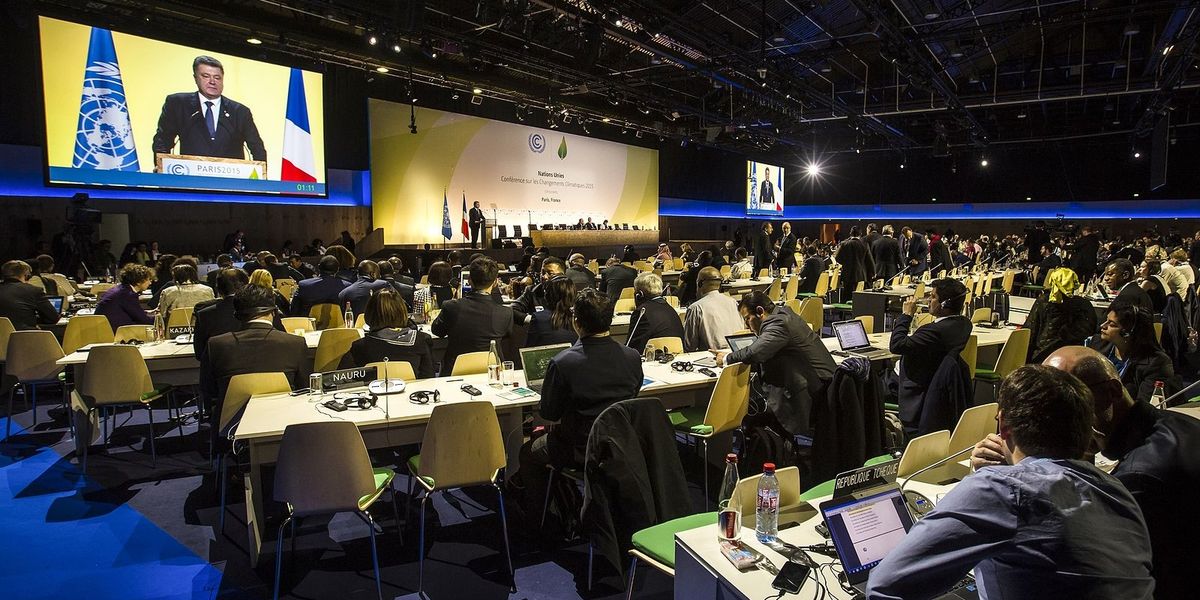Trump administration guts climate data and disaster response as world warms
When the Trump administration said it would ignore the economic costs of climate change, it marked a deeper shift in policy, dismantling the nation's ability to understand and react to a heating planet.
David Gelles reports for The New York Times.
In short:
- The Trump administration has dismantled key climate research efforts, dismissed scientists, and stopped tracking greenhouse gas emissions, undermining decades of work that informs climate policy.
- Cuts to the Federal Emergency Management Agency (FEMA) and the National Weather Service are eroding the nation’s capacity to prepare for and respond to disasters, with federal aid denied to communities hit by recent tornadoes and floods.
- The administration is halting clean energy projects, slashing U.S. Environmental Protection Agency regulations on pollution, and withdrawing from international climate efforts, positioning the U.S. as a global outlier in climate denial.
Key quote:
“Here we see a government that is taking a hatchet to the scientific enterprise. It’s the kind of destruction that will have implications for a while to come.”
— Rachel Cleetus, senior policy director with the climate and energy program, Union of Concerned Scientists
Why this matters:
Scientific data from agencies like the National Oceanic and Atmospheric Administration underpins early warning systems for hurricanes, wildfires, and droughts—tools that save lives and limit destruction. The Trump administration’s cuts to climate research, pollution regulation, and disaster preparedness hollow out that safety net, leaving communities more vulnerable. Without consistent tracking of emissions or federal support for resilience, local governments are left to fend for themselves, often without the resources or expertise required. The rollback of EPA authority and clean energy investments also threatens public health: Pollution from transportation and power plants contributes to heart and lung disease, particularly in children and low-income communities. And with climate disasters becoming more frequent and severe, the lack of a coordinated federal response magnifies both human suffering and economic losses.
Related: New FEMA chief says states must take the lead on disaster recovery this hurricane season













